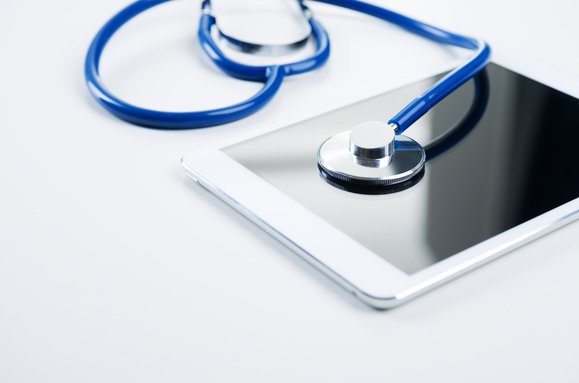
image credit- cio.com
Health2Sync, a leader in diabetes management, has partnered with CTBC Bank and Bitmark to establish the world's first diabetes data trust; an extremely secure, yet transparent ecosystem which streamlines diabetes research projects while ensuring the privacy of patients' data.
The Health2Sync diabetes data trust separates itself from conventional medical research databases by:
Diabetes research participants can now use Health2Sync's HealthPass mobile app, armored by Bitmark's blockchain-secured technology, to securely upload their medical data into the diabetes data trust. Patients can control who gets access to medical records while researchers benefit by having access to a new worldwide patient record database. CTBC Bank's technology speeds the processing of payments to patients from researchers accessing the aggregated dataset.
"In our work helping over 300,000 diabetes sufferers, patients have told us they are open to helping medical research," said Ed Deng, CEO at Health2Sync. "However, they are greatly concerned about their privacy and cannot risk any situation in which their personal information can be used against them through data leaks or hacks. Because of this, many patients remain inaccessible to researchers."
Health2Sync's diabetes data trust provides a private, equitable way for individuals, researchers and companies to exchange diabetes health data. Patients and researchers from any diabetes healthcare app, care provider, institution or advocacy group can apply to participate.
"Our vision is to enable an ecosystem of diabetes patients helping researchers in all parts of the world," said Deng. "Diabetes affects over 400 million people and is considered the fastest-growing health crisis of our time. Creating this trust using Bitmark's blockchain technology allows us to present research opportunities to new participants by giving them control over their personal privacy and ownership over their data."
Bitmark's technology allows data-science computations, including artificial intelligence (AI) and machine learning (ML), to be run on the data within the trust while ensuring participant privacy. By using blockchain, costs that institutions typically pay to legal administrators are reduced, with savings passed on to research participants. Bitmark has already used its technology to speed royalty payments to musicians by developing a paper-free blockchain system which enforces the property rights to their music and tracks when royalty payments are billed and received.
Sean Moss-Pultz, CEO at Bitmark said, "Bitmark's mission is to help individuals and institutions define data as property in order to facilitate legal transactions at costs accessible to anyone around the world. Nobel Prize winner Ronald Coase postulated that clear and easily transferable property rights allow economic activity to take place by removing the friction of negotiating and enforcing contracts -- this trust for health data is a perfect example of Coase's theorem actualized in the real world."
Currently, many datasets are available in healthcare, put together by governments, institutions, or data resellers. These datasets are typically limited in scope and expensive to aggregate. With the new Health2Sync diabetes data trust, however, researchers can now draw from diverse worldwide research populations participating via mobile phone -- a rarity in such studies. Combining health records with new health-sensor and internet-of-things (IOT) data such as from Apple Watch and Fitbit wearables provides a broader view of the individual over longer periods of time.
CTBC Bank was proud to partner with Health2Sync and Bitmark to help patients receive payments for their participation in research. As the first financial institution in Taiwan to use blockchain technology for transaction verification, value recognition and payment, CTBC Bank was excited about the potential of blockchain to spur innovation and improve healthcare outcomes.




